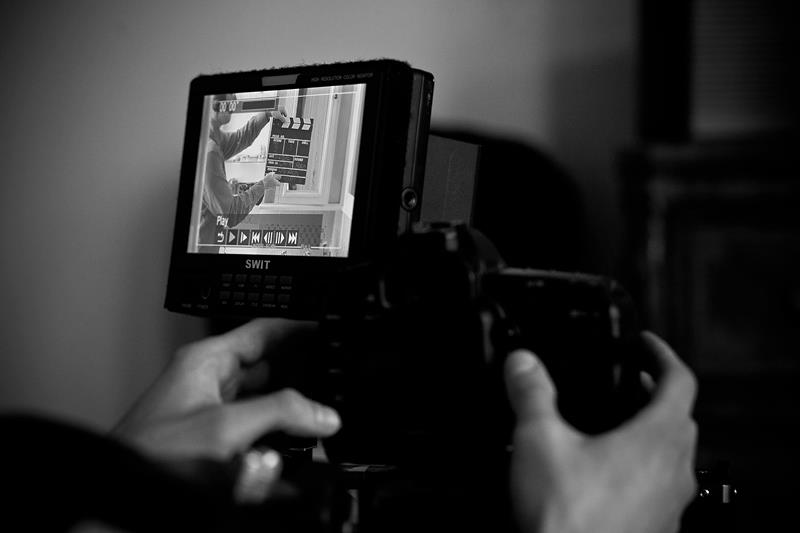
Short filmmaking starts with a great script. Your most important asset in the film industry is a well thought out story that is engaging whether its 3 or 30 minutes.
In a short film you have a limited time to develop your characters and even less time to create complex plots, so the simpler the better. There is no one rule on how to make the best short film script, however originality is key, and the way your audience interprets your material is what is going to determine your success.
Whether you are looking to make a film noir, comedy, horror, drama or an action epic, your script is your film manual. It will keep you on track and guide you when making decisions on casting, crew, cameras and all other aspects of the production. You may choose not to follow it 100%, or to run with a general idea, but you need to have a beginning, middle and end.
Descriptions
Descriptions help your direction. How do you describe your scene? Is it an interior, exterior, day, night, jungle, city, bathroom or underground tube station? These details are the basic code to your script. When describing action, for example, John goes to the window to get some fresh air, define the personality of the action. How does John go to the window? Does he dash? Does he gallop? Is he drunk, and can barely get off his chair? These small descriptive details add focus to your actions, and help you define movement within your story.
Dialogue
Dialogue is a tricky one. If you have an eccentric boxer and an old grandmother who talk the same, then your audience will have trouble distinguishing your characters. Part of making original characters in a movie is the way they talk. Consider their backgrounds, and their way of life when you write. Put yourself in their shoes. See how they would talk to one another.
Visual description
Silence is powerful. Yes you can have a silent movie that enters major festivals but for that to happen, it needs to have a visual impact. If you find it difficult to create dialogue for your characters, try to create a situation where there is emotional silence. This allows you to think creatively about how your characters interact with their environment. Does the boxer punch his TV set when he is angry or does he weep and make tea? Is your grandmother character going to feed the stray cat that appears at the window or is she going to poke it with a stick? Make it enjoyable; take us into their world.
There are certain non-creative limitations that you need to consider when writing your script. If you are a first time filmmaker, consider the resources it will take for you to make that story a reality. Small details in your script can amount to cost, and these are often not apparent when writing. There are costs that you can incur in order to make a scene that are difficult to assume without taking a closer look.



















